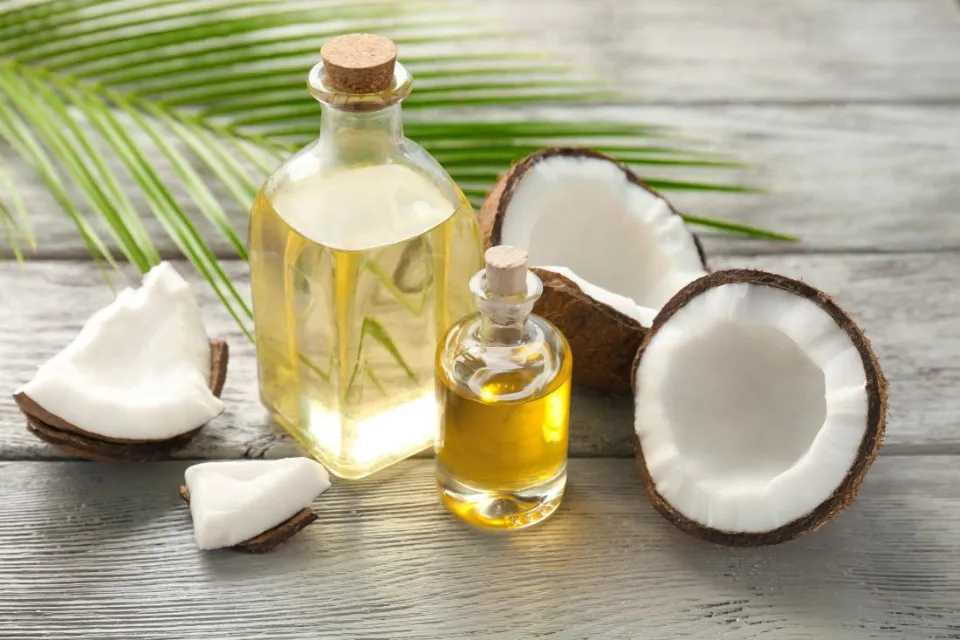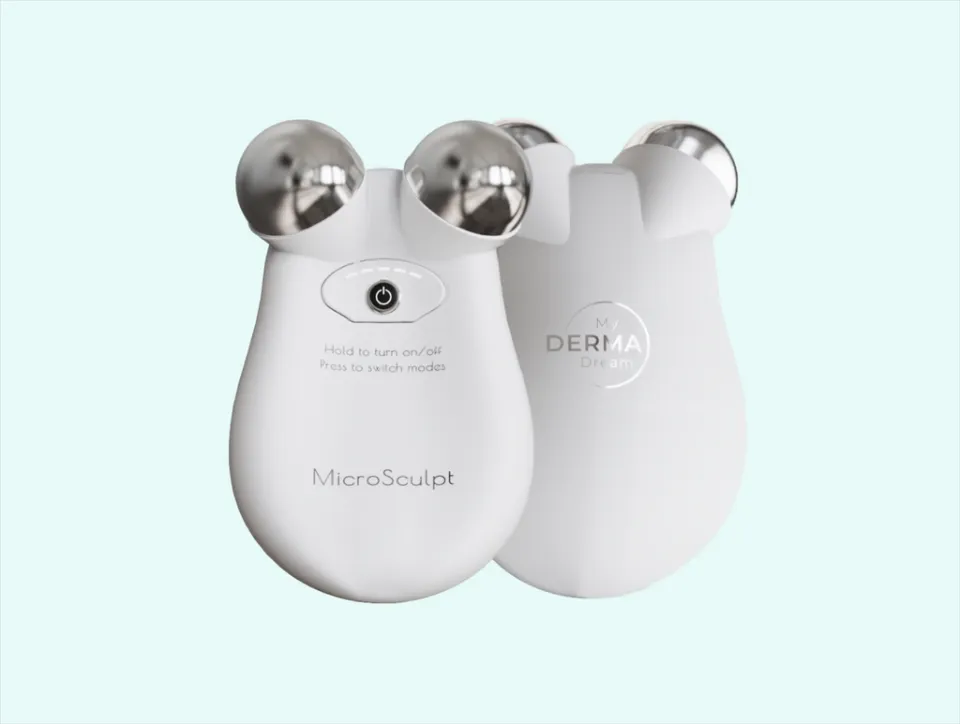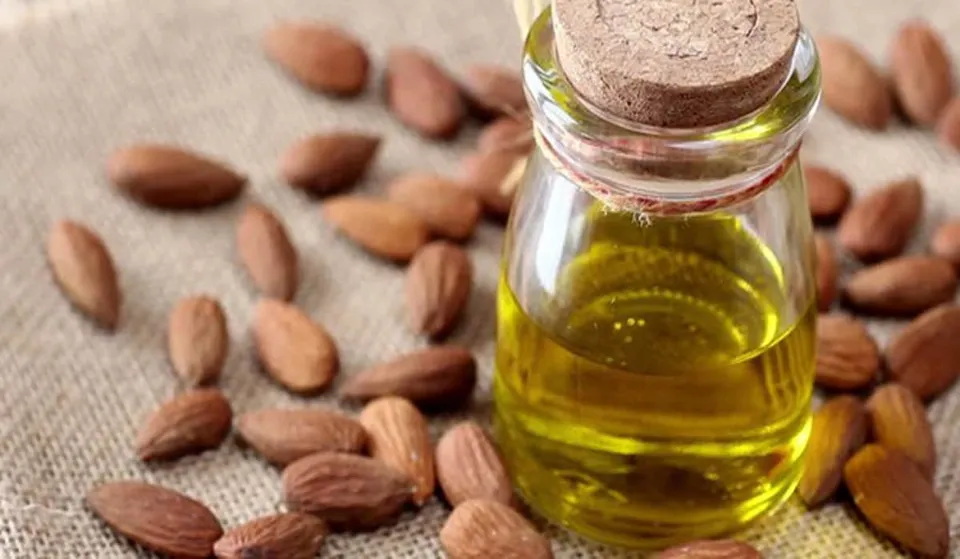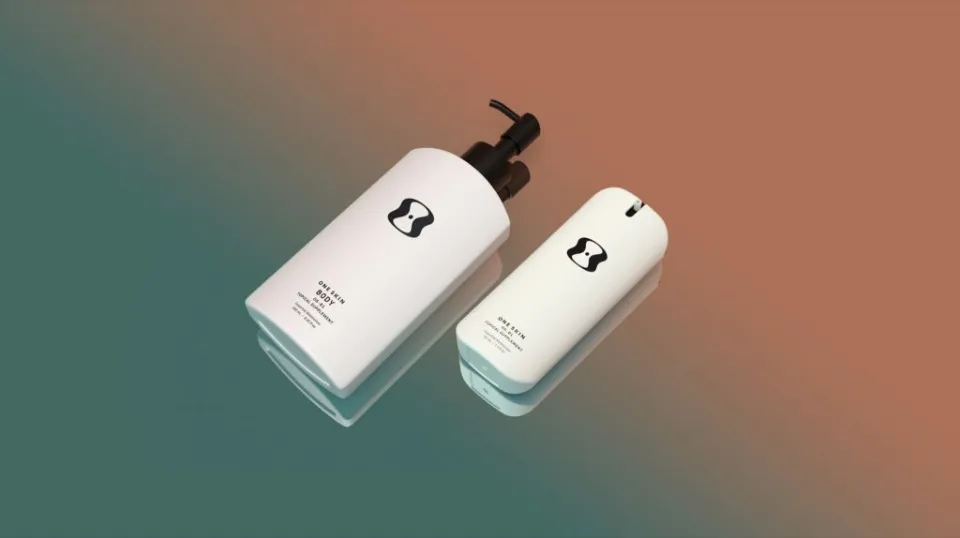Coconut oil has long been advocated as one of the best natural alternatives for skin care. But can you put coconut oil on your face?
Coconut oil should not be applied to the face. Although coconut oil has many benefits, while it also has one of the highest comedogenic ratings, which means that it could be a big problem for sensitive or blemish-prone skin.
To find out more about how coconut oil affects our skin, keep reading.
What is Coconut Oil?
Before we get into the dos and don’ts of this natural oil, we should go over some light chemistry of what coconut oil actually is. Coconut oil is a plant-based oil that’s extracted from raw coconuts.
It’s highly saturated, and if you’ve ever used it for cooking, you may have noticed that when heated, it transforms from a solid white substance at room temperature to a clear liquid.
Related Post: Does Coconut Oil Whiten Teeth?
Benefits of Coconut Oil for Skin
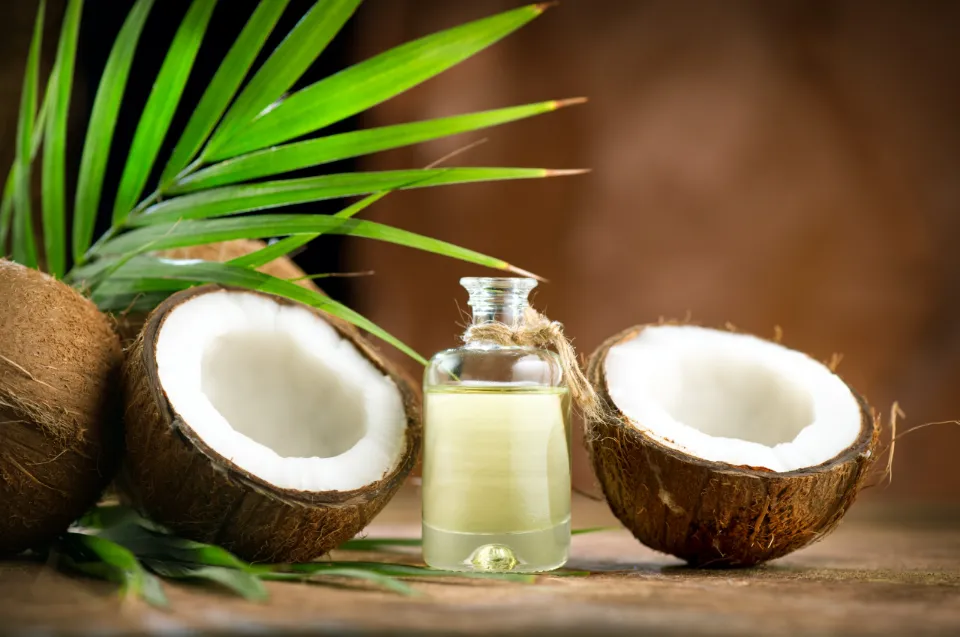
Look no further if you’re searching for a natural body butter. The ability of coconut oil to moisturize is the primary reason why so many people use it.
But what makes coconut oil so alluring? Medium-chain fatty acids, which make up about 65% of coconut oil’s chemical makeup, help your skin in part by preventing wrinkles and dryness. According to dermatologists’ observations and findings from scientific studies, medium-chain fatty acids like lauric and linoleic acids are the main players in coconut oil.
This means they can help with things like:
Soothing Dry Skin
According to Dr. Wu, coconut oil can aid in reducing transepidermal water loss (TWL), or the passive evaporation of water from your skin (too much of this causes dry skin). Skin conditions like eczema, rosacea, or dermatitis can cause TWL.
Unsaturated omega-6 fatty acids like linoleic acid are frequently present in foods like canola oil or vegetable oils. Dr. Wu claims that it has emollient properties, which means it soothes the skin. Coconut oil might therefore turn out to be your new best friend if you have a tendency toward dryer skin. It can assist in reducing the amount of moisture your skin loses by repairing the barrier.
Treating Mild Wounds
Coconut oil may even be worth including in your medicine cabinet. Coconut oil contains 49% lauric acid, a substance with antimicrobial properties that is present in many vegetable oils. So, while it can’t treat intense wounds on the surface of your skin, it could help with soothing milder skin lesions like scratches or razor burns.
Related Reading: Does Coconut Oil Help Dandruff?
Can You Put Coconut Oil on Your Face?
Your body can be moisturized with coconut oil, particularly if you have dry skin. But that may not be the case for your face.
Dr. Wu notes that it’s generally not recommended to use coconut oil on your face because it’s highly comedogenic (in other words, it’s a pore clogger). So, while it may aid in hydration, it won’t do much to prevent acne and may even exacerbate it.
Read More:
Side Effects of Using Coconut Oil on Your Skin
It’s hydrating, yes. But that means it can do its job a little too well and clog pores and cause acne breakouts — especially if your skin is more on the oily side. “If you are prone to acne, you should also avoid putting it on your shoulders, chest or back,” Dr. Wu adds.
In addition, it can worsen blackheads and whiteheads, the dreaded early indicators of inflammatory acne.
There is occasionally a chance that coconut oil will result in milia, a condition marked by tiny white or yellow bumps on the surface of the skin and brought on by clogged pores. This is more likely to happen on parts of your body where your skin is thinner, like under your eyes. Therefore, it’s best to either avoid or don’t overdo it in those areas. If you’re unsure of your skin type, consult a dermatologist.
How to Use Coconut Oil on Face?

Here are some ways you can incorporate coconut oil into different parts of your skin care routine:
Body Moisturizer
The main method for maximizing the benefits of coconut oil is as described above.Apply coconut oil to your body to help hydrate your skin after a shower or bath, but keep in mind the warnings mentioned above. Focus on the elbows, knees, hands, and feet as you massage the oil from your neck down. Additionally, you can carry some coconut oil with you all day and use it as needed.
Makeup Remover
Although you should still exercise caution when using coconut oil on your face, Dr. Wu says you can use a bit of coconut oil as a makeup remover. Use a cotton ball or pad to apply some of the coconut oil and ta-da! — you have your first layer of makeup off. To get everything off, just be sure to rinse well with a mild cleanser or makeup remover after. “I would recommend double cleansing with a water-based cleanser afterward to reduce the risk of clogged pores and milia,” she adds.
Lip Balm
Do you frequently have dry, itchy lips? Coconut oil can also be a natural “chapstick” — the hydrating properties can do wonders to keep your lips moisturized throughout the day. Furthermore, it is technically edible, so don’t worry if you find yourself licking your lips! But keep in mind that less is more when using coconut oil.
Related Post:
How to Choose the Best Coconut Oil for Skin
Triglycerides (fatty acids), which are present in both refined and unrefined coconut oils, make them both excellent moisturizers. The best option for skin care is unrefined coconut oil because it contains more phytonutrients (compounds made by plants to help protect them from environmental threats, such as antioxidants).
Experts in skincare advise using unrefined coconut oil for the additional advantages because refined coconut oil’s high manufacturing temperatures destroy many of the oil’s antioxidants.
Choosing organic cold-pressed coconut oil ensures a milder processing process that results in a finished product free of additives, chemicals, or pesticides, which is another major benefit for your skin.
When you’re prepared to incorporate coconut oil into your skincare regimen—as a moisturizer, lip balm, shaving cream, or all of the above—consider giving one of these well-liked choices a try.
Takeaway: Can You Put Coconut Oil on Your Face
One of the best things about coconut oil is that it’s natural. Use pure, unrefined, cold-pressed coconut oil to get the most benefit from it. This is because cold-pressed coconut oil preserves more of its nutrients because the preparation process doesn’t involve heat.
But even though it’s natural, coconut oil isn’t for everyone. If you want to hydrate your skin without using any additional ingredients or chemicals, it might be worthwhile to give it a try.
Read More: Disadvantages of Almond Oil on Face
FAQs
Does Coconut Oil Darken Skin?
The myth that coconut oil darkens lips and skin has no definite evidence; it varies from person to person.
Can I Put Coconut Oil on My Face Overnight?
Coconut oil can be applied to the face both during the day and at night. Pay attention: coconut oil is not suitable for sensitive skin.
What Does 100% Coconut Oil Do to Your Face?
Coconut oil may be linked to some potential benefits for skin, including reducing inflammation, keeping skin moisturized and helping heal wounds

